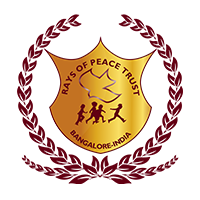
Free Medical Camp is being organized for the underprivileged in rural areas, aimed at reaching those who do not have access to proper healthcare or the means to visit hospitals. This initiative seeks to provide essential medical support, timely check-ups, and care for those in need.
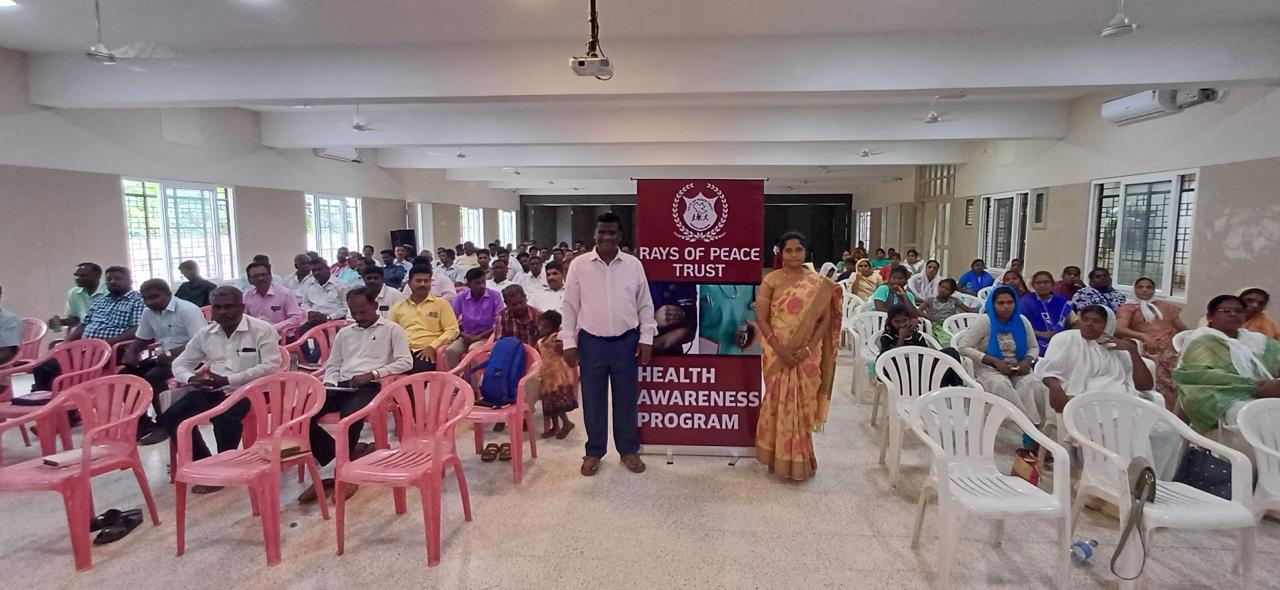
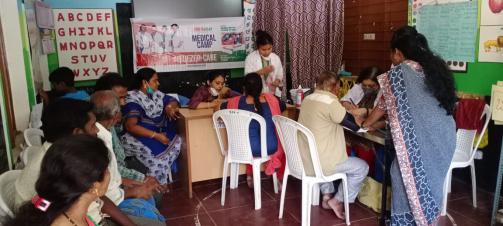
Rays of Peace’s commitment to providing Free medical care demonstrating of its dedication to holistic community development. These free camps not only address the physical health needs of individuals but also contribute to the overall well‑being of the communities in different parts of India, The collaboration with reputable medical hospitals & Medical Teams highlights the professionalism and quality of care that Rays of Peace is committed to providing. By organizing these Free camps, the organization ensures that people, including villagers, and local communities have access to essential medical services that they might otherwise lack. The provision of medical financial assistance for those in dire need reflects Rays of Peace’s compassionate approach.
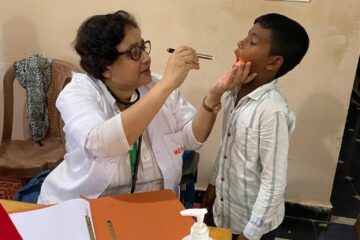
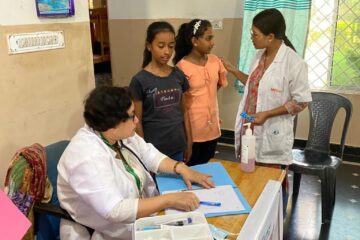
These efforts contribute to a stronger sense of community and solidarity, as people in need are not left to face their health challenges alone. The impact of free medical camps goes beyond just physical health. They serve as a source of relief and hope for individuals who may have limited access tomedical care. Moreover, these free camps can lead to increased awareness about health and preventive measures within the communities. Rays of Peace’s commitment to continuing and expanding these efforts in the future demonstrates its dedication to making a sustainable difference in the lives of those it serves. By providing free medical camps, Rays of Peace embodies its mission of extending love, care, and support to those who need it the most.
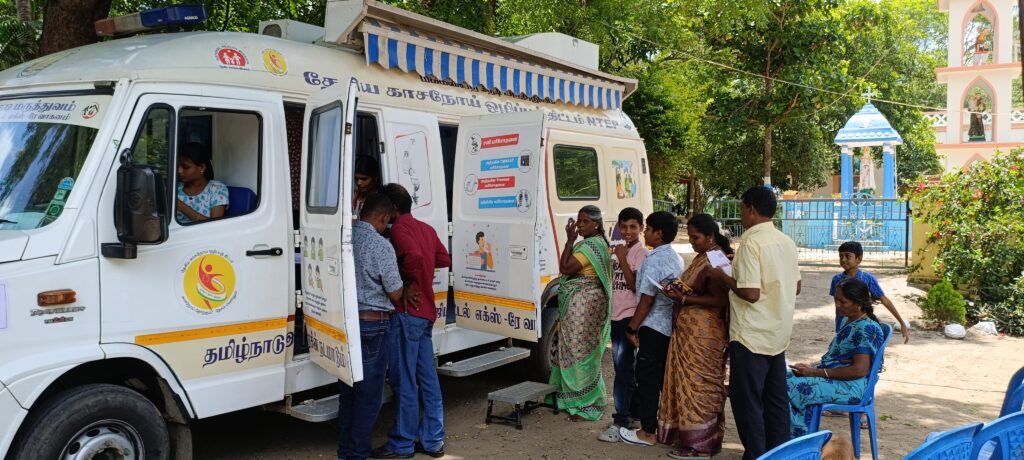
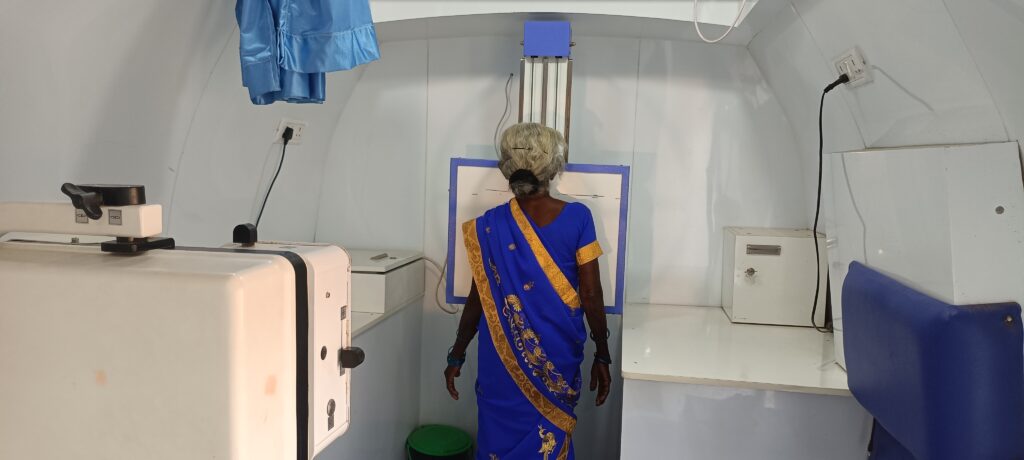
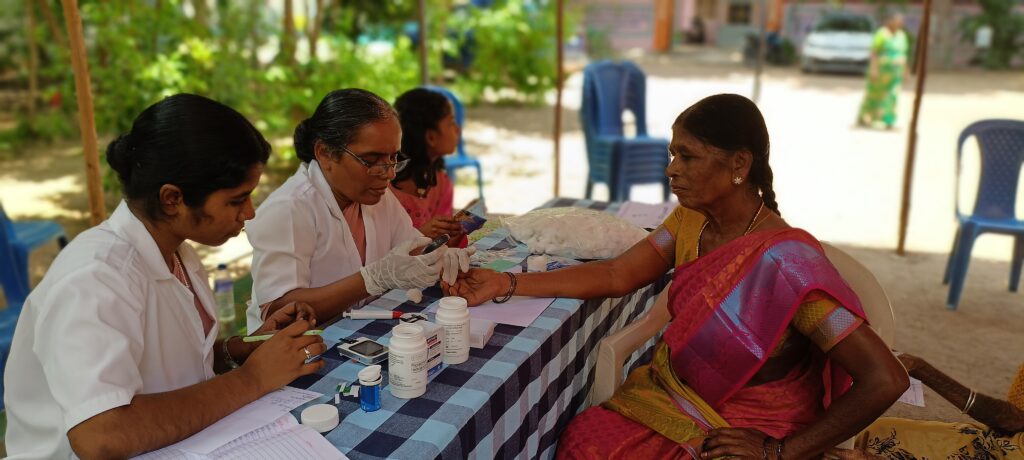
Even in South India, knowledge of common diseases like diabetes isn’t universal; many people do not recognize the disease or understand its risks. PubMed
For vector-borne diseases like dengue in rural Tamil Nadu, only about one-third have good knowledge of prevention; practices are somewhat better but still not optimal. PubMed
Malnutrition / stunting remains a significant problem even in semi-urban / rural outskirts in the South.
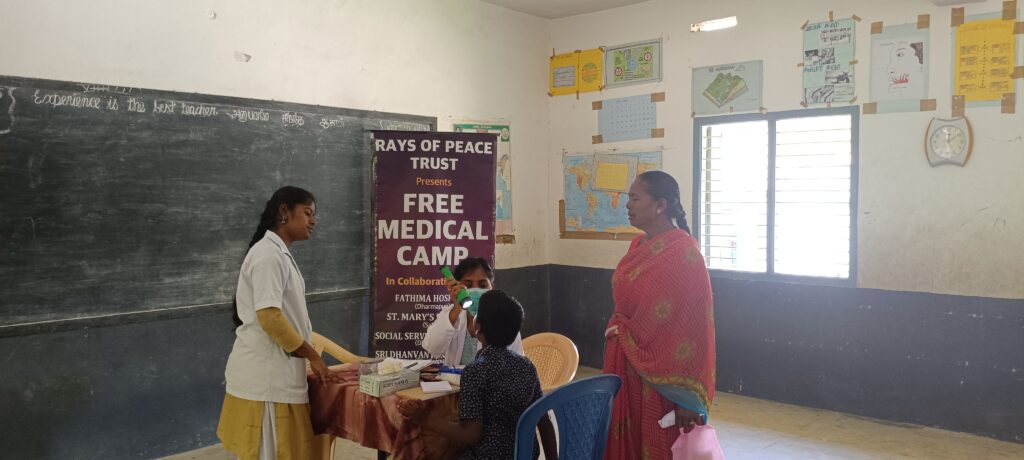
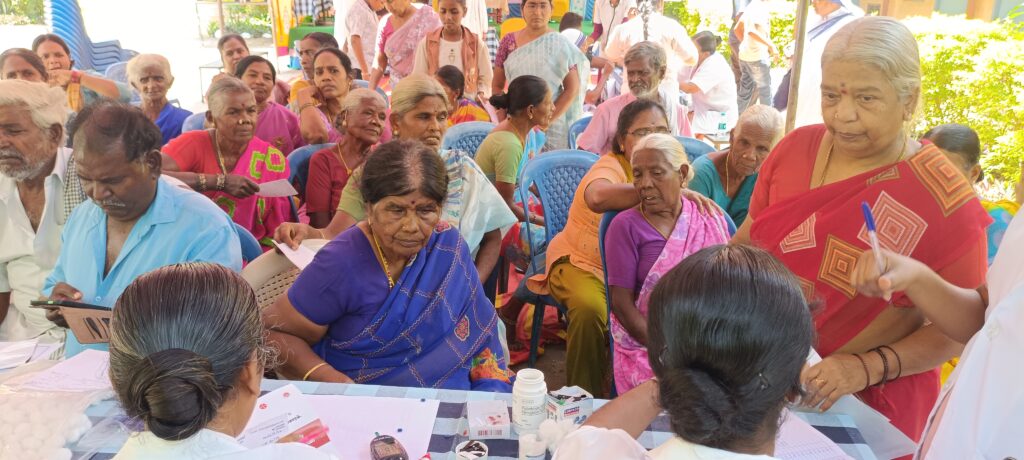
We provided a comprehensive health checkup package, including:
Gynaecological consultation and care for women
Chest X-ray to screen for respiratory conditions
Diabetes screening (blood glucose tests)
Bone density checkups to detect osteoporosis risk
General diagnostics: cholesterol testing, blood pressure measurement, blood sugar, and other routine labs
We also supplied medicines, vitamins, calcium tablets, and supportive tonics free of charge for up to 3–4 months, as needed.
Around 500 people received medical care and diagnostic services who otherwise would have had limited or no access to such services
Many people gained access to essential medicines
Some of the beneficiaries received free vitamin or calcium supplements and tonics, helping bolster their nutrition and recovery over several months
All the main medical issues identified during the camp were addressed: people were counselled, treated, and given follow-up medications
This kind of outreach helps bridge the gap between underserved communities and the formal healthcare system
Early screening and intervention can reduce the incidence of severe complications from diabetes, hypertension, respiratory illnesses, osteoporosis, and other chronic diseases
Providing medicines and nutritional supplements helps people adhere to treatment, improves health outcomes, and can prevent deterioration due to untreated or undertreated illness
Bringing services closer to people’s homes boosts awareness, trust in medical care, and encourages preventive health behaviors going forward